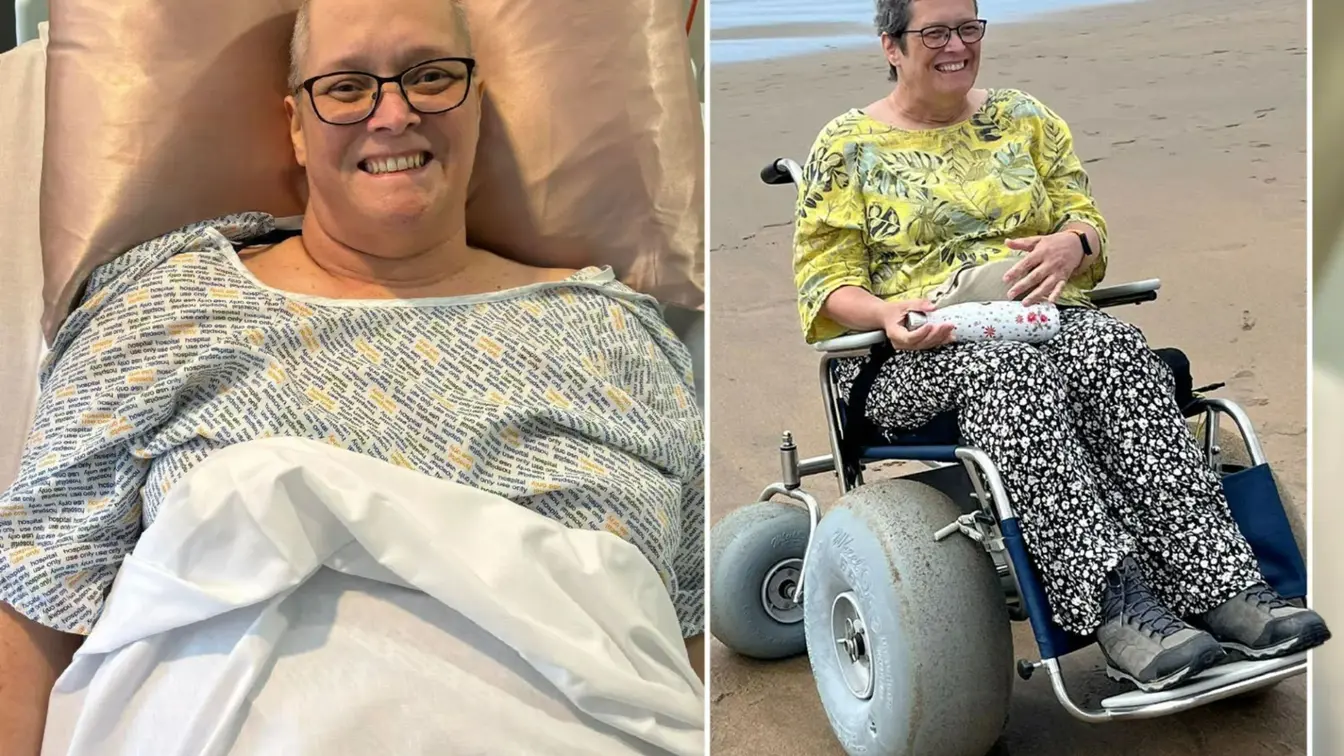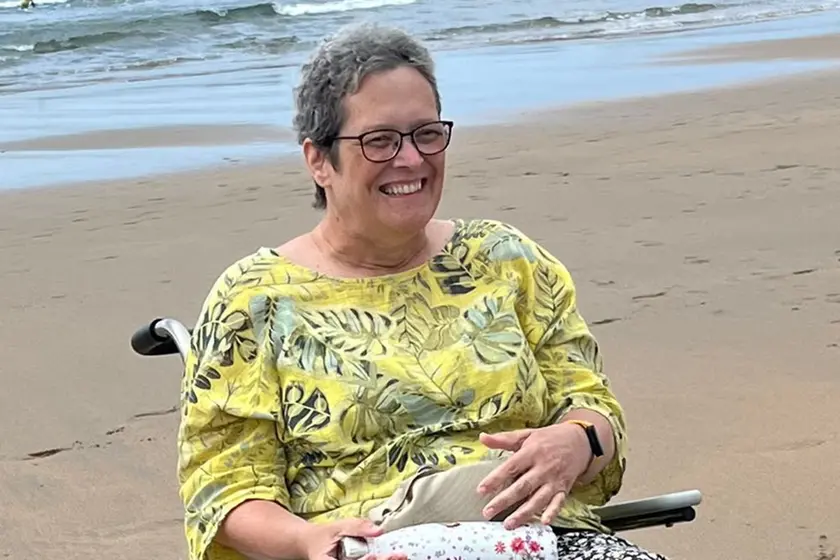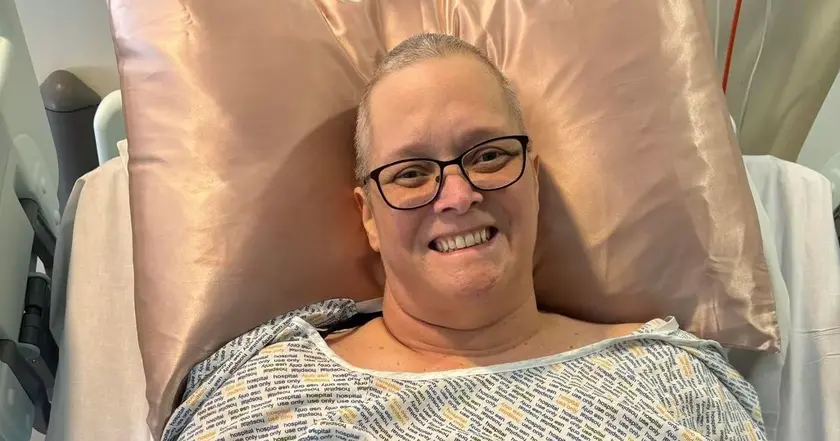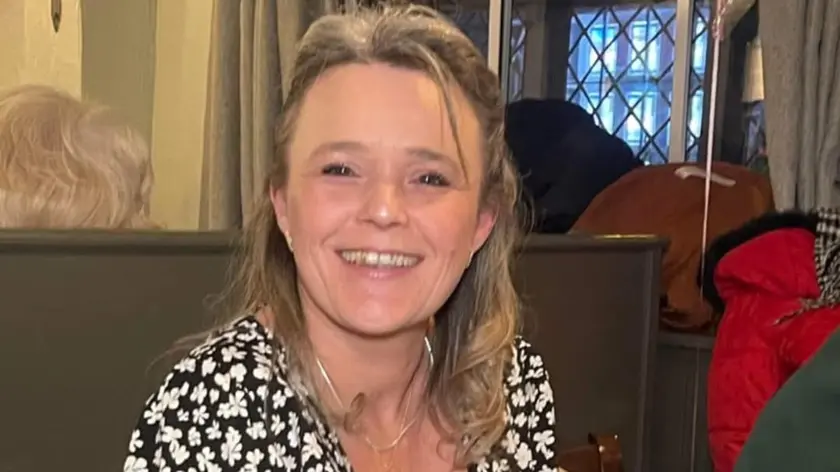T4K3.news
Gardening Blamed for Pain Before Cancer Diagnosis Leaves Woman Wheelchair Bound
A 54-year-old woman’s misattributed symptoms delayed a cancer diagnosis, resulting in wheelchair dependence even after remission.

Karen Davey’s case shows how symptoms can be dismissed as gardening injury or menopause, delaying a cancer diagnosis and resulting in lasting disability.
Gardening Blamed for Pain Before Cancer Diagnosis Leaves Woman Wheelchair Bound
In February 2024 Karen Davey, 54, began feeling unusually tired and achy. By March, a GP attributed back pain to gardening after a brief activity, a diagnosis she says felt dismissive. Over the next two months her condition worsened: she lost weight, developed fever, and later could not feel her legs. She was hospitalized and diagnosed with stage four non-Hodgkin lymphoma in the kidneys, with a tumor wrapped around the spinal cord. After one round of radiotherapy and six rounds of chemotherapy she reached remission, but the damage to her spinal cord left her unable to walk, making her a full-time wheelchair user.
Key Takeaways
"Emotionally, it's just completely messed me up."
Karen describing the emotional impact of the diagnosis
"Most spinal cord injuries are attributed to men."
Karen on bias in disability care
"This isn't what I'm supposed to be doing at this time of life."
Karen on the disruption to her life
"Karen's story is a powerful reminder that women's health symptoms should never be dismissed."
Dharshana Sridhar on advocacy
The delay points to a broader issue in which women’s symptoms are sometimes explained away rather than explored thoroughly. The case intersects gender bias with disability, making timely care harder to obtain. It highlights the need for clearer guidelines so persistent symptoms are tested rather than attributed to menopause or minor injuries. Advocacy groups, including the Spinal Injuries Association, call for earlier diagnosis and more accessible healthcare for women with disabilities.
Highlights
- This isn't what I'm supposed to be doing at this time of life
- Most spinal cord injuries are attributed to men
- Emotionally, it's completely messed me up
- We need better awareness so other women get diagnosed sooner
Sensitivity and healthcare bias risks
The piece centers on gender bias and disability in medical care, which could provoke discussions about healthcare practices and funding. It carries sensitive personal health details and could invite misinterpretation about medical treatment.
Awareness and better access to care can spare others the life changing consequences seen here.
Enjoyed this? Let your friends know!
Related News

Menopause misdiagnosis leaves woman unable to walk

Menopause misdiagnosis reveals life changing cancer

Healthy 22-Year-Old Misdiagnosed With Back Pain Before Hodgkin Lymphoma Diagnosis

CAR-T therapy reaches Liverpool patient after relapse

Cancer signs in a young patient

Mother warns about nasal tanning sprays after daughter's death

Cervical cancer awareness campaign launched

Stage 4 Hodgkin lymphoma diagnosed after delayed care
